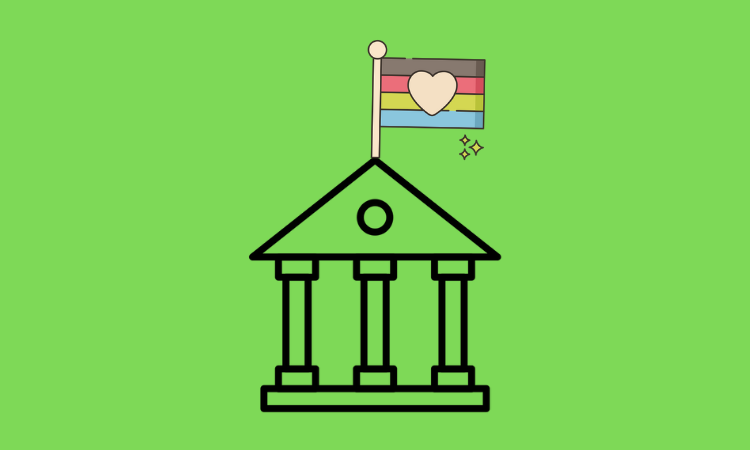Culture and Talent, Member Exclusive
‘For us, Pride never stops’: Financial services emerge to serve the LGBTQ community
- Despite years of being underserved, the LGBTQ community has new banking options.
- Incumbent and fintech firms are creating products and services focused on the specific needs of the LGBTQ community.








